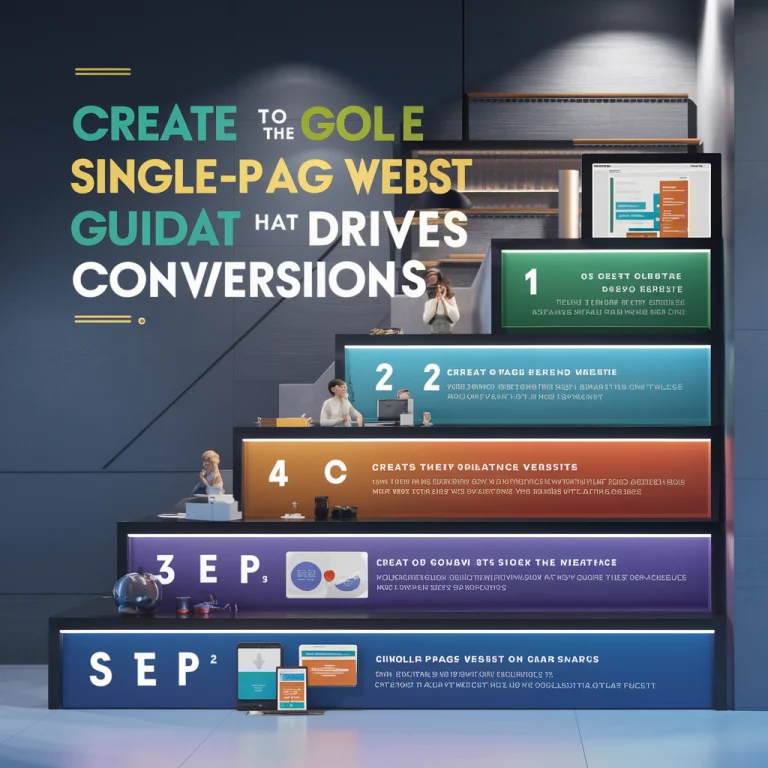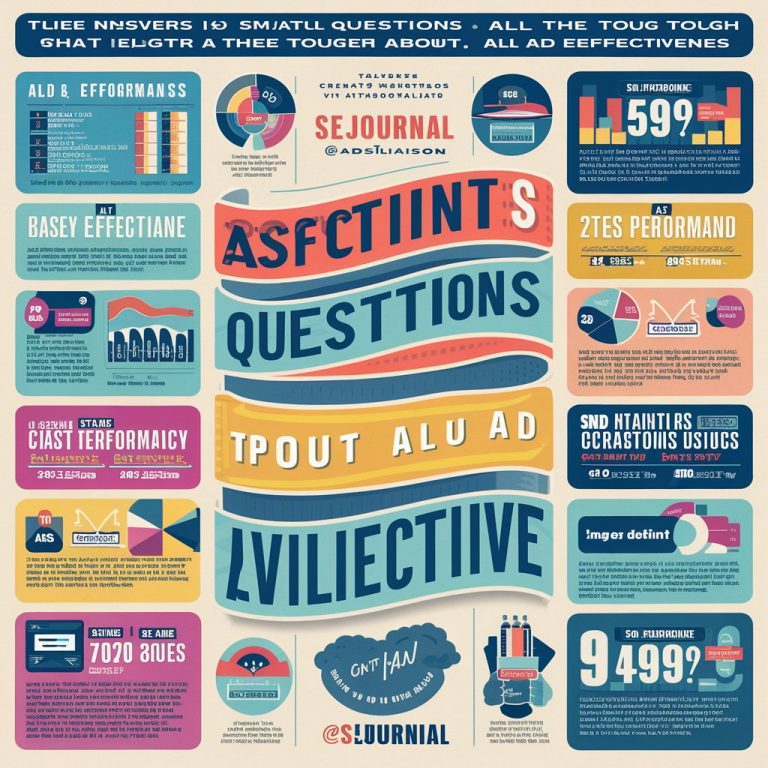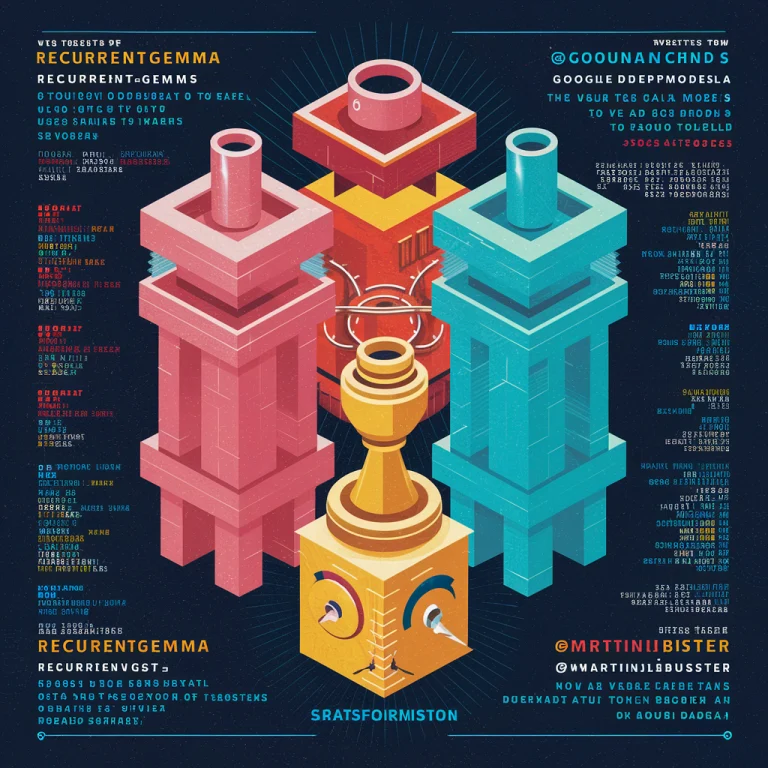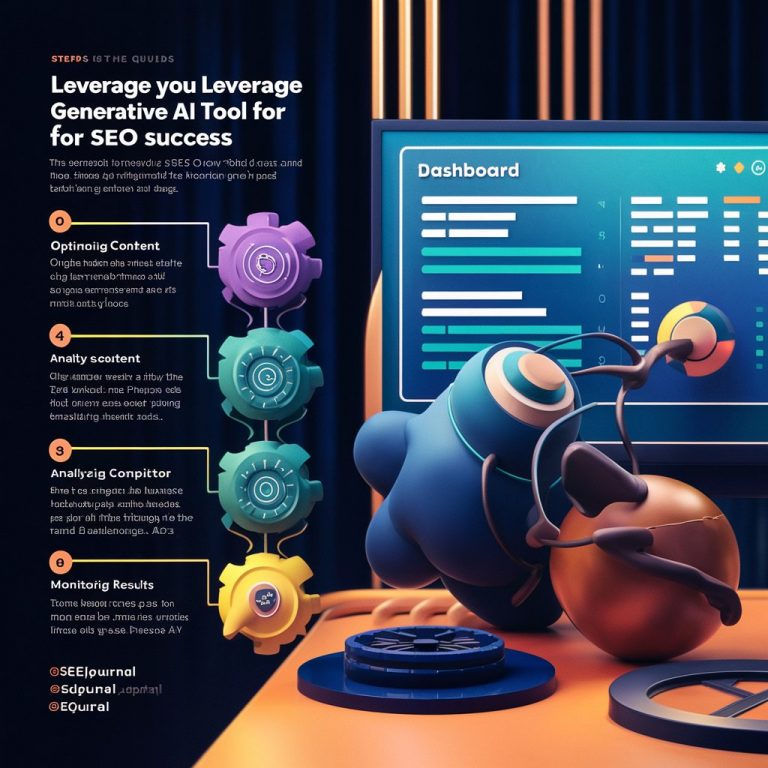Boost Your Open Rates: Effective Email Preheader Strategies

Google’s Gary Illyes on the Diminishing Importance of Links
At a recent search marketing conference, Google’s Gary Illyes confirmed that the search giant requires very few links for ranking, reinforcing the idea that publishers should prioritize other ranking factors. Illyes later tweeted to confirm his statement.
Historical Context of Links in SEO
In the late 1990s, links emerged as a critical signal for search engines to validate website authority. Google soon realized that anchor text could provide semantic clues about a webpage’s content.
A pivotal research paper, “Authoritative Sources in a Hyperlinked Environment” by Jon M. Kleinberg, published in 1998, highlighted the challenge of filtering quality content among countless web pages. Kleinberg proposed using links as an objective measure of authority:
“To provide effective search methods under these conditions, one needs a way to filter, from among a huge collection of relevant pages, a small set of the most ‘authoritative’ or ‘definitive’ ones.”
This research spurred further exploration into using links not just for authority but also as a relevance metric.
Google’s Evolution of Link Usage
Larry Page and Sergey Brin, Google’s founders, expanded on this idea in their research paper, “The Anatomy of a Large-Scale Hypertextual Web Search Engine,” demonstrating how anchor text could crowdsource human opinions on relevance, transforming these subjective views into a metric for search rankings.
Gary Illyes’ 2024 Insights on Links
At a recent search conference in Bulgaria, Illyes remarked that Google no longer needs many links to rank pages and that the importance of links has diminished over time. This was highlighted by Patrick Stox’s tweet:
“We need very few links to rank pages… Over the years we’ve made links less important.” @methode #serpconf2024
Illyes confirmed this statement with a tweet:
“I shouldn’t have said that… I definitely shouldn’t have said that”
The Declining Relevance of Links
Initially, anchor text was non-manipulative, making it highly effective. However, over time, as spammy practices emerged, Google adapted by using statistical analysis to detect manipulative links. By 2004, footer links labeled “powered-by” lost their value, and by 2006, links near the word “advertising” were devalued. The 2012 Penguin algorithm further penalized manipulative link practices.
By 2019, Google began selectively using nofollow links for ranking due to the deteriorating quality of link signals.
Google’s Explicit Confirmation
In 2023, Illyes stated at PubCon Austin that links were no longer among the top three ranking factors. This was followed by the March 2024 Core Algorithm Update, where Google’s documentation was revised to state:
“Google uses links as a factor in determining the relevancy of web pages.”
John Mueller from Google reiterated in April 2024 that other SEO activities are more valuable than link building:
“There are more important things for websites nowadays, and over-focusing on links will often result in you wasting your time doing things that don’t make your website better overall.”
The Future of SEO Without Link Dependence
Illyes’ comments indicate that Google’s sophisticated AI and natural language understanding capabilities have reduced the reliance on links. As early as when the nofollow attribute was implemented, link builders falsely claimed that spammy links still worked. As a seasoned SEO professional, I can attest that links have been losing significance for years, leading many, including myself, to shift focus from link building to other SEO strategies.
Conclusion
Google’s evolving algorithms and enhanced understanding of content quality mean that publishers should diversify their SEO efforts beyond link building. The search engine’s ability to understand and rank content based on more nuanced factors is paving the way for more effective and holistic SEO practices.





